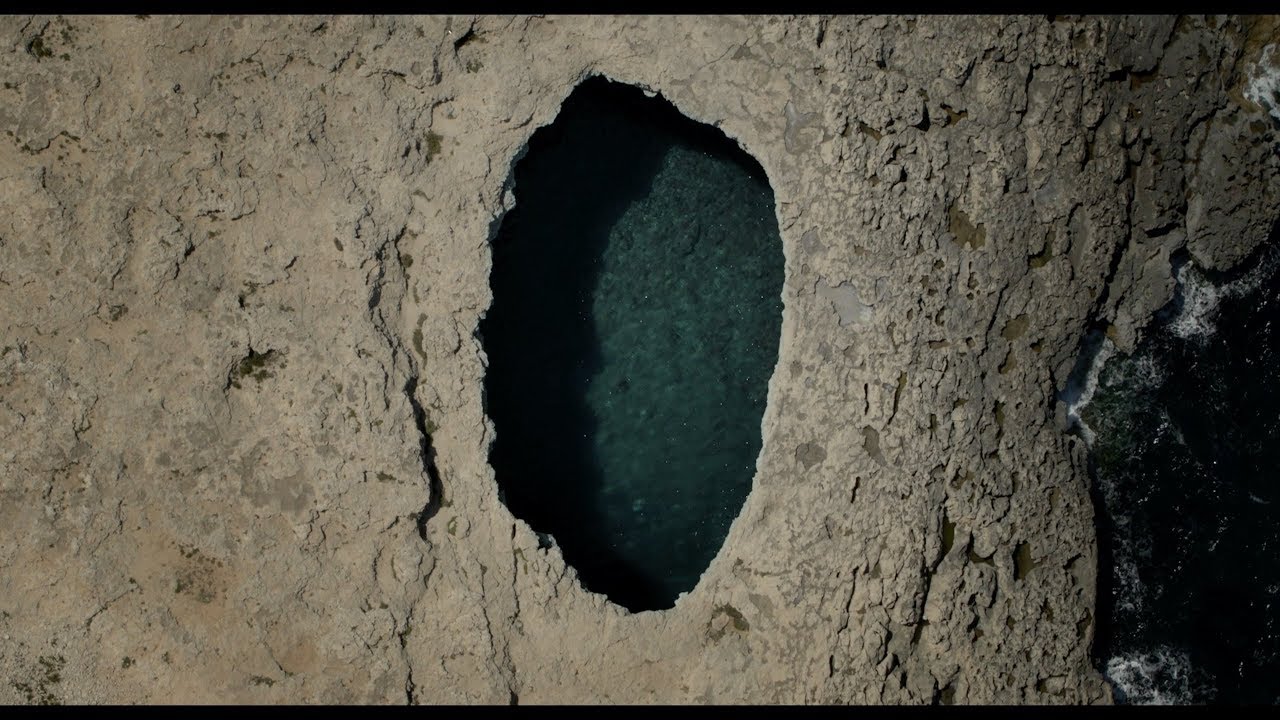At the heart of it all is that piano. Sombre, steady, implacable.
I read that Anja Plaschg, as a young student of music and fine art, was considered a prodigy. I read that she played Nico on the theatrical stage. Both of these pieces of information make perfect sense; almost too perfect, as if they were acts of myth-making. But as all great music is an act of myth-making, it doesn’t matter.
Her voice sounds nothing like Nico’s, in case you’re wondering. It is high and even and true to the notes. Nor does her playing betray dazzling wizardry, although I don’t doubt it could. It does suggest the ability some artists have to ride a direct line from the sound in their heads to the sound in your ears.
From Gas To Solid / You Are My Friend is Plaschg’s third album under the name Soap&Skin. The second, Narrow, in the six years since its release, has become something of a fixation for me. Its anger and intimacy are piercing, all the more so for the stately neoclassical structure of her songs. Perhaps if I didn’t know Plaschg is Austrian, her music wouldn’t seem so Viennese to me, redolent of the city of Freud, the city of dark wood drawing rooms, of dust motes in light beams through heavy drapes. But I do, and it does.
Narrow was an album of slow pain and rage. Plaschg had been stricken ill by the death of her father when she made it. She is a mother now, and From Gas To Solid…, as the title suggests, is music of shifting states. Between gas and solid lies liquid, and this album changes shape as it adapts, or pools, or runs free. From Gas to Solid moves at the pace of cold mercury through its double-tracked effect-laden vocals, twin phantoms.
At times Soap&Skin recalls Fever Ray, not in sound but in essence: something dark, oblique and stinging lies at the core; both artists combine an emphatic sense of place with molten identity. You could forget that Plaschg is also an electronic artist, that her studio treatment of this music is integral to its effect. Then ‘Falling’, with its dramatic baroque cathedral organ evolving into a cascade of sequencers and synthesizers, reminds you.



